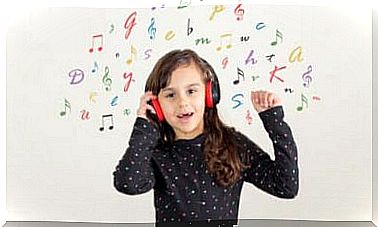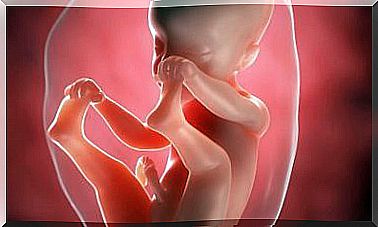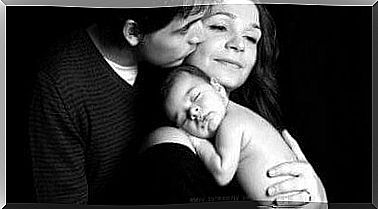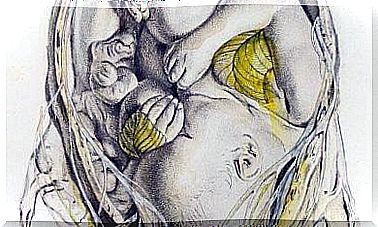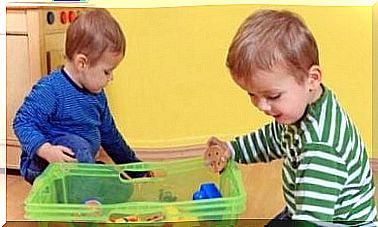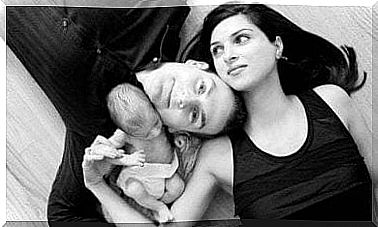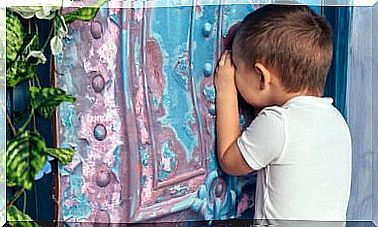What To Do In Case Of Hiccups, Fever And Vomiting
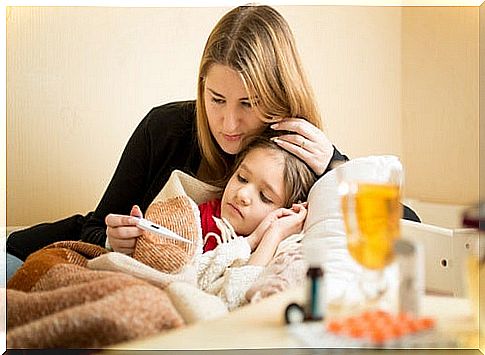
Among the most common scares that often afflict parents in the first months of their baby’s life are, without a doubt, hiccups, fever and vomiting; however, these are normal conditions, which represent a reaction of the body to a foreign agent.
Although there is no relationship, these states are treated jointly, as they represent the main red flag in healthy children. Even if hiccups cannot be compared with fever in terms of severity, they are disorders that must be adequately controlled, so that they do not affect the health of the child afterwards.
One of the common traits of these states is that they cannot be prevented. Fever is caused by viruses or bacteria that affect the baby’s body.
Even vomiting is a response to an external agent present in the body, while the hiccup is an involuntary movement which exerts pressure on the diaphragm and starts for no apparent reason.
A dangerous enemy: fever
Although it is not a disease, a fever is an indication that something more serious is happening in the body. It generally occurs in young children when a pathogen enters the body.
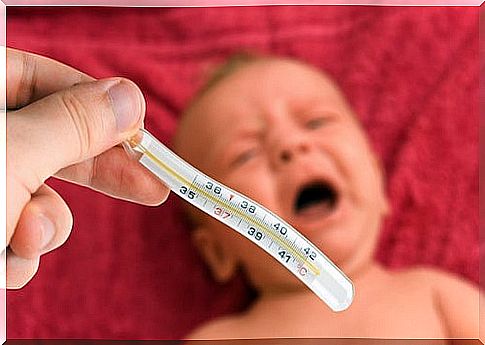
Fever is always a cause for concern, but only when it is persistent and the body temperature exceeds 37 degrees is it serious.
Viral infections, which are very common, are in most cases what causes fever; but these are not red flags and typically require no treatment.
What to do in case of fever?
Depending on the type of fever, the child may be more or less exhausted; for this we must observe what other signs of malaise it presents.
A fever that exceeds 38 degrees but is viral usually subsides within no more than 32 hours. If it persists for more than two days, it is good to consult a specialist.
When the child has a fever it is recommended to:
- Lower the body temperature through home remedies such as waving, undressing the baby or dabbing the baby with a damp, cool cloth.
- Check the temperature constantly.
- Administer minimal doses of paracetamol according to the medical indication.
- Some mothers immerse their children in water to lower the body temperature; this remedy is advisable only if you use water at room temperature or lukewarm, but never frozen.
- Make the child drink plenty of fluids.
Vomiting in children
This is a sign of the presence of a pathogen in the body. Although it can also be related to the stomach, it is actually the alarm bell of the presence of viruses, bacteria or an infection in general.
When it occurs in very young children, vomiting is a cause for concern for parents, because as we know it is a symptom of something more serious and babies have no way of expressing how they feel. Furthermore , vomiting can also cause suffocation.
Assuming that not all causes of vomiting are serious, it is good to specify that the intervention of an adult or a specialist must be immediate, because the child needs assistance.
The baby is likely to feel better after vomiting: the problem arises when the vomiting episodes recur for a long time. For example, if the child has been vomiting for more than two days, it is good to consult a specialist.
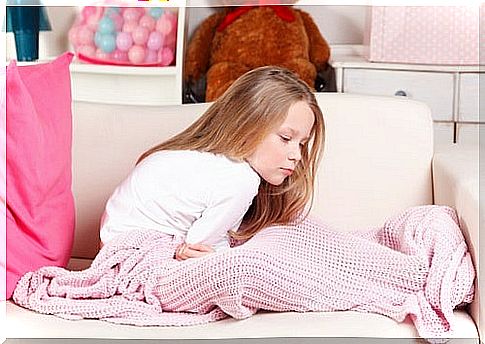
What to do in case of vomiting?
- Adjust meal times
- Make sure your little one doesn’t eat more than necessary
- Take care of hand hygiene
- Be strict in sterilizing objects that come into contact with the baby
- Wash the food thoroughly
- Keep the little one hydrated
- Never leave him alone while he vomits
- Look out for any other signs of malaise, fever, loss of appetite, pain, or diarrhea.
Why do we care about hiccups?
Typically, hiccups are transient and are almost never caused by a serious condition, serious health problems, or lack of attention; however, when it is prolonged, it can be the alarm bell of neurological, gastric or metabolic pathologies.
The baby gets hiccups for the same reason it does for adults, but we parents worry because the contraction of his little body doesn’t seem normal to us and is excessively annoying for him.
What to do in case of hiccups?
In the same way that the appearance of hiccups seems strange to us, the methods to eliminate it are also quite particular, since it is not known precisely which are the options that can work best in each case.
To help you eliminate this worry towards your little one, we advise you to put into practice the following precautions:
- Avoid letting your little one eat or drink too quickly
- Don’t put him to sleep immediately after eating
- Get used to having him expel gas after a meal
- Facilitate adequate breathing
- Keep him hydrated
